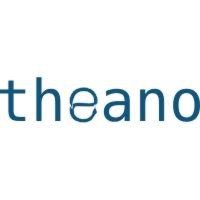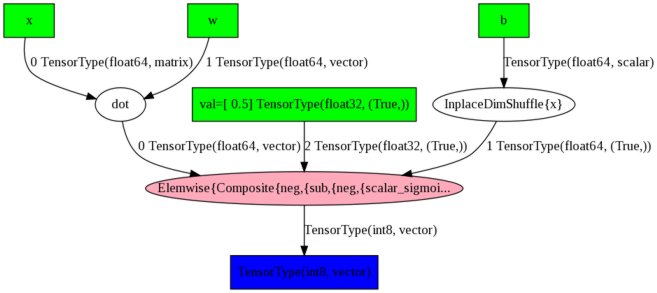| Theano To Cease Development After Version 1.0 |
| Written by Sue Gee | |||
| Tuesday, 03 October 2017 | |||
|
Major development of Theano, the numerical computation library for Python developed as an open source project by Yoshua Bengio's Machine Learning group at the University of Montreal, is coming to an end.
Essentially Theano combines:
It proclaimed itself as "A CPU and GPU Compiler in Python" in the paper that introduced in in 2010 in which it made the claim. Common machine learning algorithms implemented with Theano are from 1.6× to 7.5× faster than competitive alternatives (including those implemented with C/C++, NumPy/SciPy and MATLAB) when compiled for the CPU and between 6.5× and 44× faster when compiled for the GPU.
However, while Theano has acted as a pioneer for other deep learning frameworks that have followed it, notably Microsoft Cognitive Toolkit 2 and Google's Tensorflow both of which are also open source, these have now largely superseded it. The announcement posted by Pascal Lamblin on behalf of Yoshua Bengio states: After almost ten years of development ... we will put an end to our Theano development after the 1.0 release, which is due in the next few weeks. Minimal maintenance will be continued for a yeat and, as an open source project, Theano will continue to be available afterwards, but without support from MILA. The announcement refers to the problems of maintaining an older code base and the fact that other products are available to fill the gap: The software ecosystem supporting deep learning research has been evolving quickly, and has now reached a healthy state: open-source software is the norm; a variety of frameworks are available, satisfying needs spanning from exploring novel ideas to deploying them into production; and strong industrial players are backing different software stacks in a stimulating competition. The post has attracted lots of positive comments, including: I cannot thank you enough for all your hard work. IMO, Theano is the single best thing that has happened to the field machine learning in the last decade. Also, good call stopping now. and
Thank you for your contribution, pretty much all modern frameworks are based on Theano ideas and flexibility.
So while Theano will be missed, its legacy will remain.
In addtion new innovations can be expected from MILA (Montreal Institute for Learning Algorithms), which last year attracted major funding from Google (see Google Expands AI Research In Montreal). Bengio's statement concludes:
MILA is still committed to supporting researchers and enabling the implementation and exploration of innovative (and sometimes wild) research ideas, and we will keep working towards this goal through other means, and making significant open source contributions to other projects.

More InformationTheano: A CPU and GPU Math Compiler in Python (pdf) Related ArticlesMicrosoft Cognitive Toolkit Version 2.0 Google Expands AI Research In Montreal
To be informed about new articles on I Programmer, sign up for our weekly newsletter, subscribe to the RSS feed and follow us on Twitter, Facebook or Linkedin.
Comments
or email your comment to: comments@i-programmer.info |
|||
| Last Updated ( Tuesday, 03 October 2017 ) |



